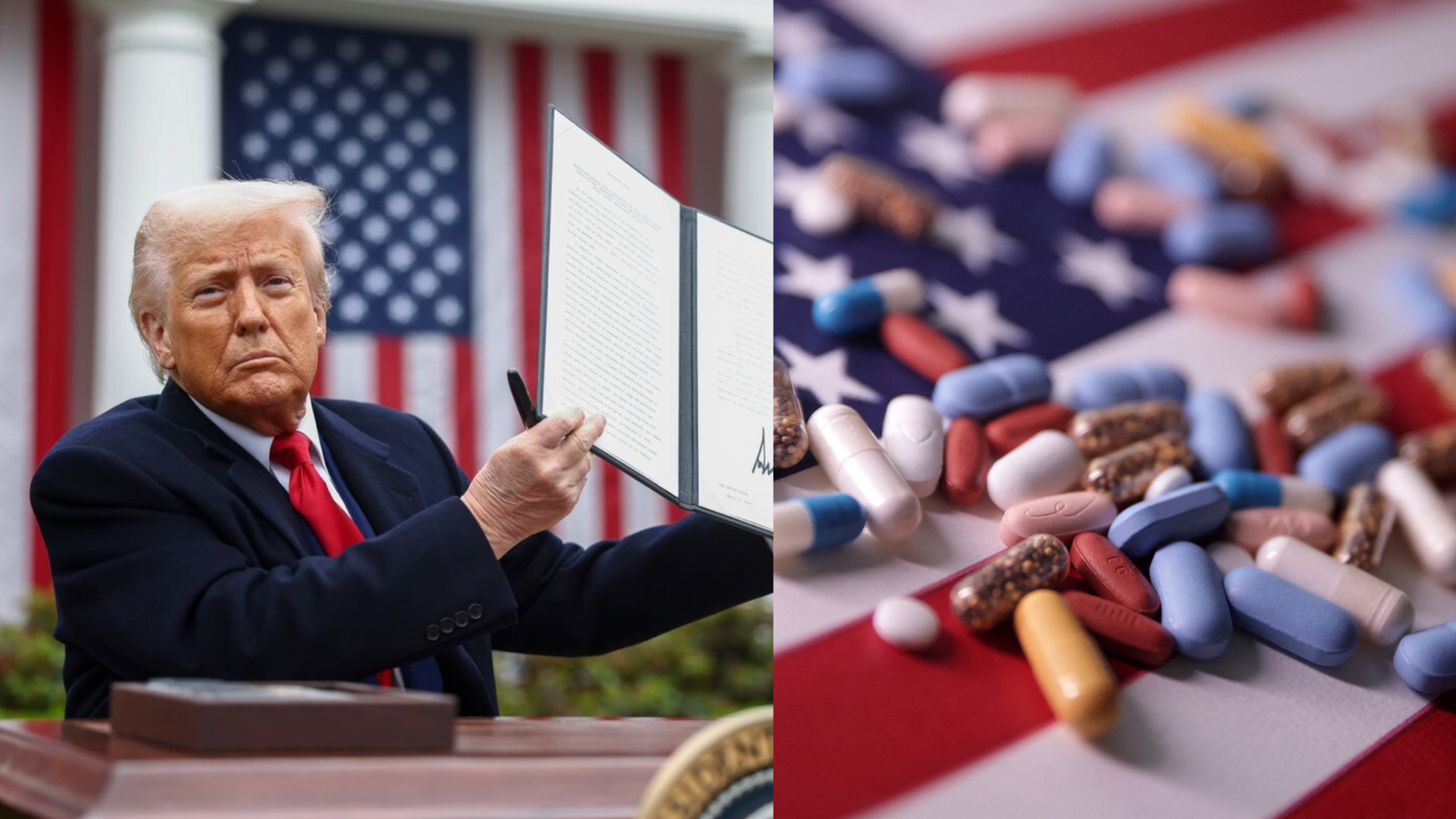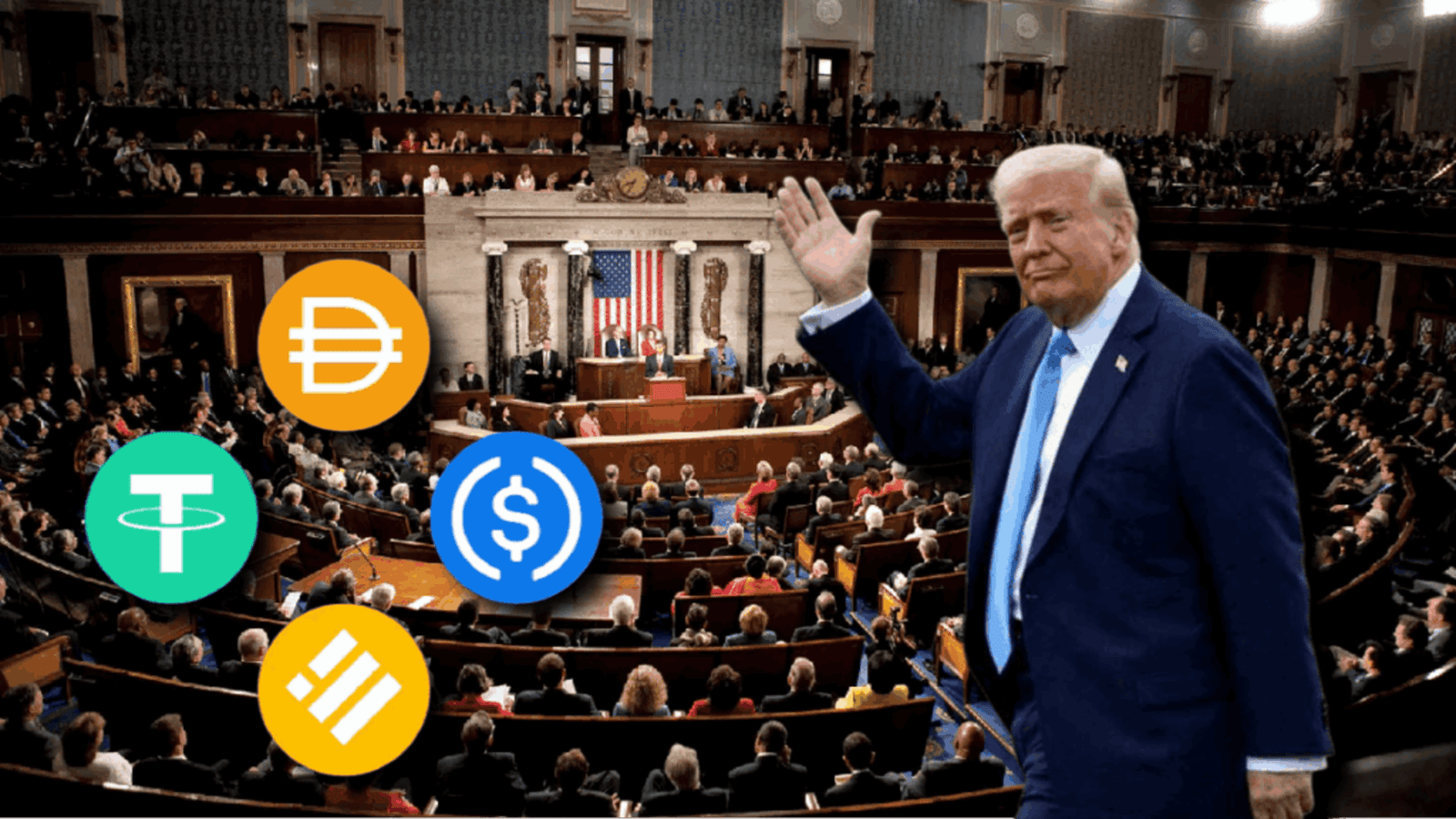Did Lina Khan, former firebrand chairman of the Federal Trade Commission (FTC), lose Silicon Valley for the Democrats in the last US presidential election? Did her hard-line approach so offend an industry accustomed to light touch regulation that it turned away from its traditional Democratic leanings and into the waiting arms of Donald Trump?
The answer varies with who you ask, but there’s no doubt that Khan’s aggressive enforcement stance shook up the tech world and raised some hackles.
But now, with President Donald Trump’s return in 2025, the landscape has shifted again. With new leadership and revised enforcement priorities, the FTC is a different animal now. Ronin Legal takes a closer look.
THE WRATH OF KHAN
Appointed FTC chair in 2021 by President Joe Biden, Lina Khan brought a determined focus to antitrust enforcement, with particular attention to the technology industry. She viewed AI-driven mergers as a potential catalyst for market dominance, where a few key players could solidify control before regulators could respond. Her strategy emphasised proactive intervention to prevent monopolistic structures from forming.
Among her most prominent actions was the FTC’s September 2023 lawsuit against Amazon, alleging that the company’s practices suppressed competition among sellers and raised prices for consumers, thereby limiting choice. This high-profile case underscored her commitment to challenging major technology firms.
The FTC under Khan also pursued a lawsuit to unwind Meta’s acquisitions of Instagram and WhatsApp, arguing these deals were anticompetitive and helped Meta establish a social media monopoly.
The FTC also attempted to block Microsoft’s $69 billion acquisition of Activision Blizzard. Although the FTC ultimately lost in court, the effort signalled a strong stance against large consolidations in tech.
In July 2023, the FTC and DOJ jointly released new draft merger guidelines, which among other things:
- Lowered the threshold for when a merger is considered problematic based on market share.
- Emphasized potential harm to innovation, workers, and smaller competitors, not just consumers.
- Raised flags around serial acquisitions and “roll-up” strategies, where big firms acquire many small players (especially relevant in tech).
- Expressed skepticism of vertical mergers (between companies at different stages of production), which were often previously allowed.
In September 2024, Khan turned her sights on AI applications, securing a $193,000 settlement with DoNotPay—an “AI Lawyer” service—for misleading claims about its legal capabilities. That same month, the FTC imposed a five-year ban on Rite Aid’s use of AI facial recognition technology after it erroneously flagged customers as shoplifters, highlighting her emphasis on addressing AI’s tangible consequences. These cases underscored her view: consumer protection laws apply, AI or not.
BACKLASH
Khan’s approach raised hackles. Technology companies and investors argued that her stringent approach deterred investment, particularly for AI startups seeking growth or acquisition opportunities. A 2023 report linked a 25% decline in biotech investment to FTC merger restrictions, with critics like Yale’s Fiona Scott Morton contending that it undermined U.S. competitiveness in global technology markets. Opponents asserted that her focus on speculative risks hindered innovation rather than promoting it.
Peter Thiel called her FTC tenure “a disaster for innovation” that’s “choking the tech sector with red tape when we need to be outpacing China,” in a January 2025 interview on The Joe Rogan Experience. Marc Andreessen raged on his July 2024 podcast, “Lina Khan’s war on tech mergers is killing American competitiveness. She’s turning the FTC into a weapon against progress while China races ahead.” Ben Horowitz, in the same episode, fumed that, “Under Lina Khan, the FTC’s approach is a disaster for startups. Her obsession with breaking up Big Tech ignores how it stifles the little guys who need to scale or sell.”
The opposition from Silicon Valley had profound political repercussions. Prominent tech CEOs and venture capitalists, including Peter Thiel, David Sacks, Elon Musk, Marc Andreessen, and Ben Horowitz, publicly endorsed and financially backed President Trump’s campaign ahead of the November 2024 US presidential election. Their support was driven by expectations of favorable policies towards technological innovation and deregulation.
THE END OF THE KHAN ERA
As we have seen, Khan was not beloved of Silicon Valley and Republican lawmakers, who viewed her actions as exceeding the FTC’s authority. When President Trump won the US Presidential election in November 2024, it was clear that Khan’s days were numbered.
On January 20, 2025, President Trump appointed Andrew N. Ferguson as FTC Chairman, effectively concluding Khan’s tenure. Unlike the Securities and Exchange Commission (SEC), where the president can replace the chair at discretion, the FTC Act mandates fixed terms for commissioners, removable only for cause. Whether Khan resigned voluntarily or faced pressure to leave remains unclear, but her exit marked a significant pivot in antitrust policy.
THE TRUMP ADMINISTRATION’S SHIFT IN ANTITRUST POLICY
Trump’s team moved quickly to reshape the FTC. In March 2025, Ferguson controversially removed Democratic Commissioners Alvaro Bedoya and Rebecca Kelly Slaughter, prompting lawsuits from both, who argued that the FTC Act prohibits dismissal without just cause—a legal dispute still unresolved.
Ferguson articulated his approach to his new job as follows: “If we think [a merger] doesn’t [hurt Americans economically], we’ll get the hell out of the way,” signalling a preference for reduced intervention in M&A activity.
Khan’s 2023 Merger Guidelines had introduced stricter oversight, lowering thresholds—such as a 30% market share trigger—to flag deals and emphasising the prevention of future competitive threats, which notably stalled transactions like the 2024 Kroger-Albertsons merger. Industry observers, including S&P Global’s December 2024 analysis, anticipated that Trump’s FTC would repeal these guidelines, predicting a surge in merger activity.
However, on February 18, 2025, Ferguson announced their retention, a decision that could be attributed to a desire to maintain some regulatory stability. A more definitive indicator of Trump’s direction emerged when the Department of Justice (DOJ) in early 2025 terminated a 2024 FTC investigation into Google’s $2 billion investment in Anthropic, which Khan’s team had identified as a threat to competition—an abandonment that suggests greater latitude for large technology firms.
Authors: Shantanu Mukherjee, Alan Baiju








































